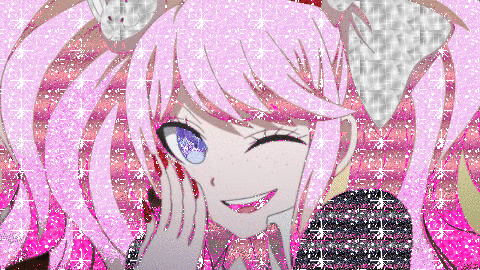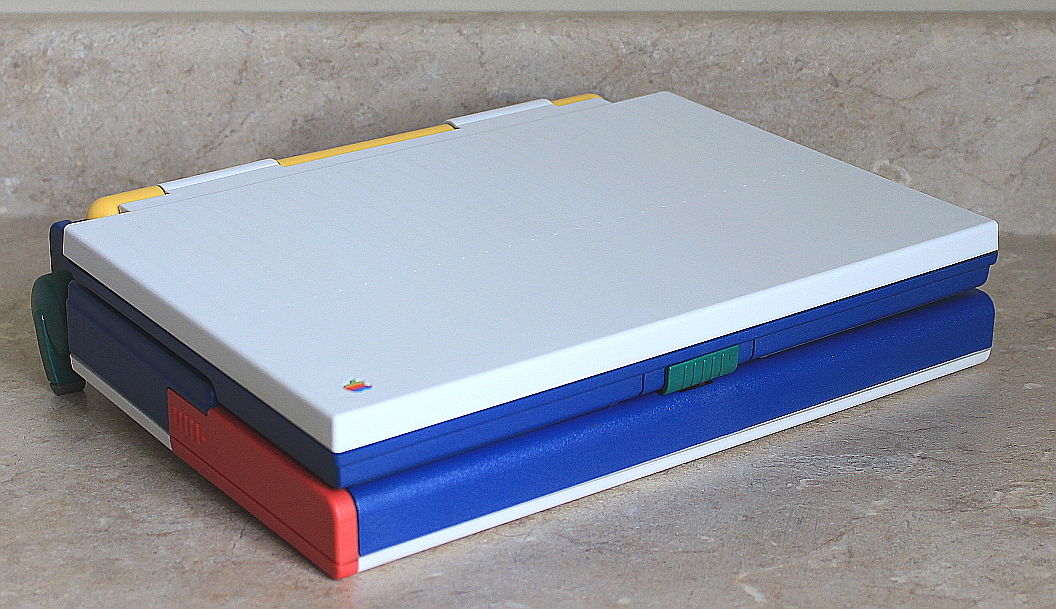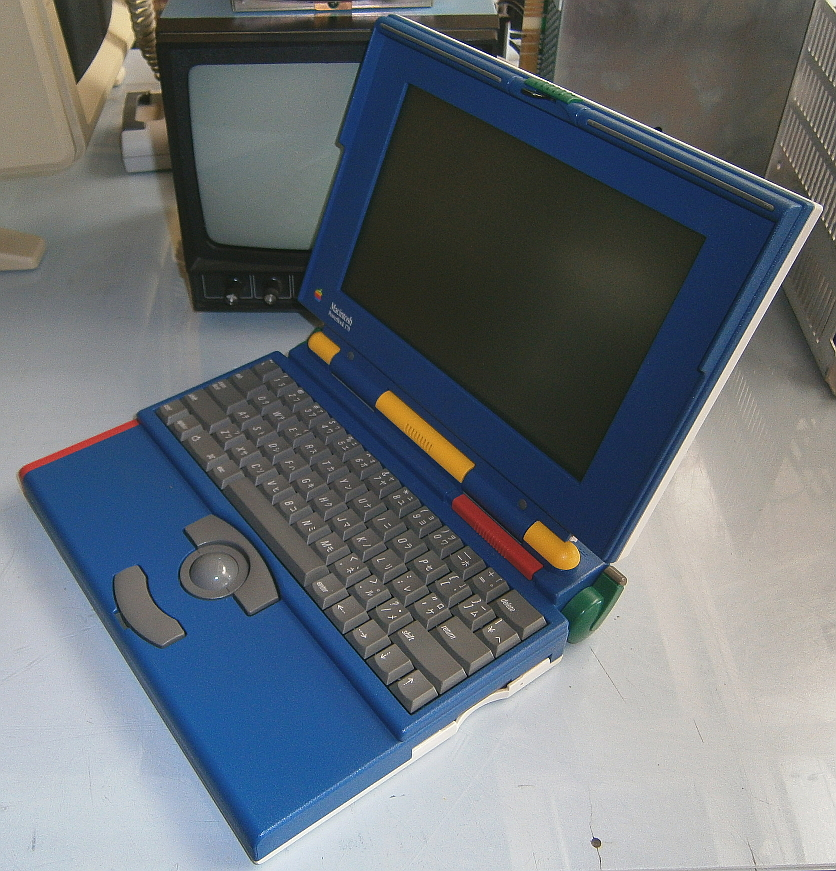


When I was studying for my degrees in college, I became fixated on the queer possibilities of the 90s/00s web that we lost when we moved away from the form of anonymity, text, and cybersex. I actually wrote my thesis on it; IIRC the actual title was "Queer Space Time in Virgnia Woolf's Orlando and Jeanette Winterson's The Powerbook. I was an English Lit/Gender Studies student, so I came at the topic sideways, through discussing the books I chose to dissect. The PowerBook is implicitly about the Web, somewhat of a frame story about an affair between two women that begins in a text-based chat. The name of the book itself is a reference obviously to a Macintosh laptop produced 1991-2006.


Anyways. I used literary analysis or whatever to argue that the MODE of existence on the 90s/2000s web was a queer and trans way to re-write who you were that harkens back to postmodern queer literature (Orlando). When I care more I'l actualy find the full body of my thesis and link it here, too. It was in researching my thesis that I developed an appreciation for the archival skills of the webmasters of Yesteryear. They are our queer historians.
Donna Haraway gave to us "A Cyborg Manifesto: Science, Technology, and Socialist Femnism in the Late Twentieth Century;" Sandy Stone gave us "The War of Desire and Technology at the close of the Mechanical Age." If you haven't read anything from either of these women, the phrase you literally need to does not even begin to cover it. Drop everything. For real.
All of this was me digesting my early life as a child of the Internet. I loved it for the same reason so many "family values" oriented people fear it today: the anonymity. You could be anyone, and that was exhilirating. I think of all the versions of me I was, and laugh, or cry, but mostly I miss it. In the current age of the Web, everything is social media and you're encouraged required to co-sign everything you say with proof that is validated by some fully invented evaluatory board of "The Real" that you "are" what you say you "are."
There's something very camp about the eras of scene queens, dollz, and Blingee. Heavily edited Picnik photos. A loose system of logic. Lies. Fantasy. It was fantastical. None of it was real because it wasn't supposed to be. I truly believe queerness is the value of humanity. We lose ourselves when we subscribe to a binary. We cut ourselves off from possibility. Our history is a queer history, just as our technology is a queer technology. But the machines of capitalism and fascism turn us away from these modes of being. They make them undesirable, or criminal, or punishable, or even simply, difficult. Social media dominates our experience of the Web because it is profitable and convenient for the wealthy and the powerful. It orders us. We need to organize ourselves in opposition.
We have to untangle the stakes of our lives from capitalistic social medias. They are literally reshaping us, not in the way of the early web of reinvention, but in the advertising way of consumerism. Z*ckerberg and B*zos owned metaverses are our futures. I'm somewhat of a fatalist (a lifelong emo) and I think things are about to get much, much worse before we can make them better. It's up to us to make beauty, meaning, and perversion out of it all.